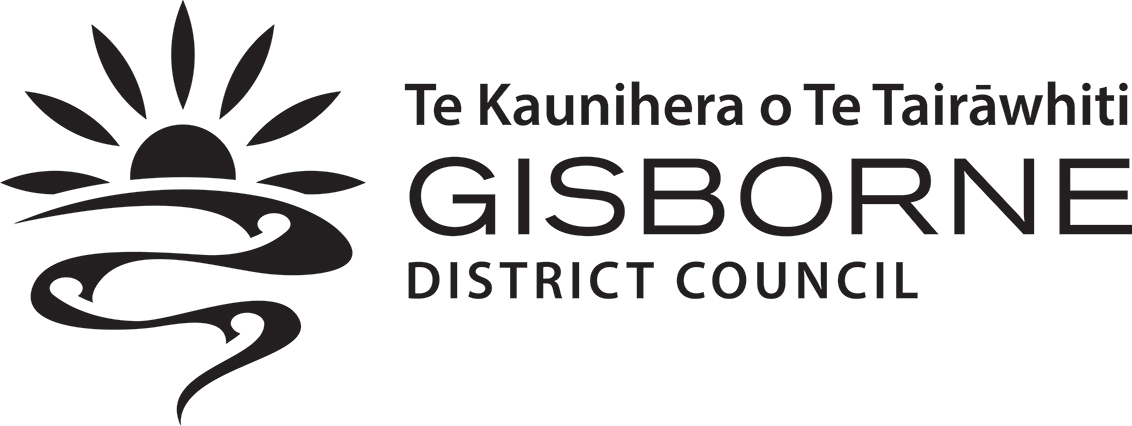Voting for the 2025 local elections closed on 11 October. The Mayor and councillors were sworn in on 30 October and will serve our community until 2028.
2025 pre-election report
No results found for ""

For Gisborne District Council
Voting for the 2025 local elections closed on 11 October. The Mayor and councillors were sworn in on 30 October and will serve our community until 2028.
No results found for ""